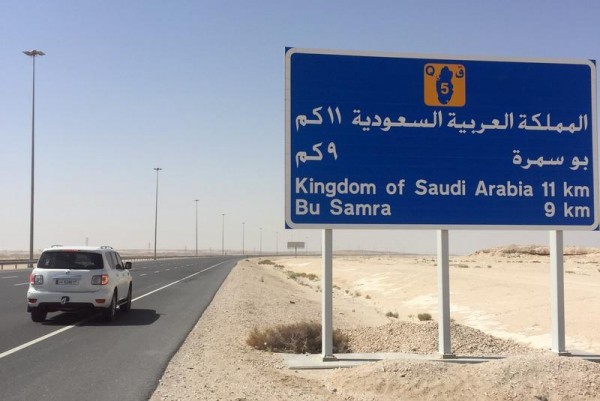HRW Researcher: 480 Gulf Families Torn Apart due to Qatari Crisis

2017-07-25 - 5:36 p
Bahrain Mirror: A researcher in Human Rights Watch said that the Gulf crisis shone a spotlight on the legal discrimination against women that predates the crisis, indicating that 480 were separated due to the crisis.
Researcher Rothna Begum said in an article she published on the organization's website that she met Dr. Wafaa Al-Yazeedi almost midnight on June 19. Wafaa is a 44-year-old divorced medical doctor living in Qatar with her three children. It was deadline day, and her children had to leave the country.
She said "Dr. Al-Yazeedi is Qatari, but her children are Bahrainis-in the Gulf countries, children take the nationality of their father," adding "But Dr. Al-Yazeedi is now one of many requesting that Qatar allows women, like men, to pass their nationality to their children."
"My colleague and I spent the last week of the Muslim holy month of Ramadan listening to 50 Gulf citizens express their shock, anger, and confusion about the unfolding political crisis. While leaders highlighted long-standing political differences, the isolation of Qatar revealed instead how intertwined Gulf societies are," the researcher went on to say.
She further stated "Entire families stretched across four countries are now forcibly separated: parents from children, wives from husbands, sisters from brothers. In countries where family relations and lineages are of utmost importance, the political crisis appeared to be tearing apart the social fabric. And the timing could not have been worse. Many told us how they could not travel to meet their families for Eid al-Fitr (the celebration marking the end of Ramadan) on June 25 and 26." Begum noted that "The Qatari National Human Rights Committee reported that by July 1 they had received 480 cases involving family separation, but we believe the number is higher."
Researcher Rothna Begum said that "As well as splitting families, the embargo has also shone a spotlight on the legal discrimination against women that predates the crisis. Though women do not have the same right as men to pass nationality to their children, this was a less visible problem-many families of mixed Gulf nationalities could come and go within the states with almost the same privileges as citizens. Now, they cannot."
- 2022-07-07Israel Reaches Record Trade Increase With Arab States Under Abraham Accords
- 2022-06-10Israeli PM Bennett Visits Abu Dhabi, Meets with UAE President
- 2022-06-10Israelis to be Allowed into Qatar for World Cup, Officials Say
- 2022-06-06Biden should not Visit Saudi, Meet Crown Prince: US Lawmaker Adam Schiff
- 2022-06-01Israel Signs UAE Free Trade Deal, Its First in Arab World